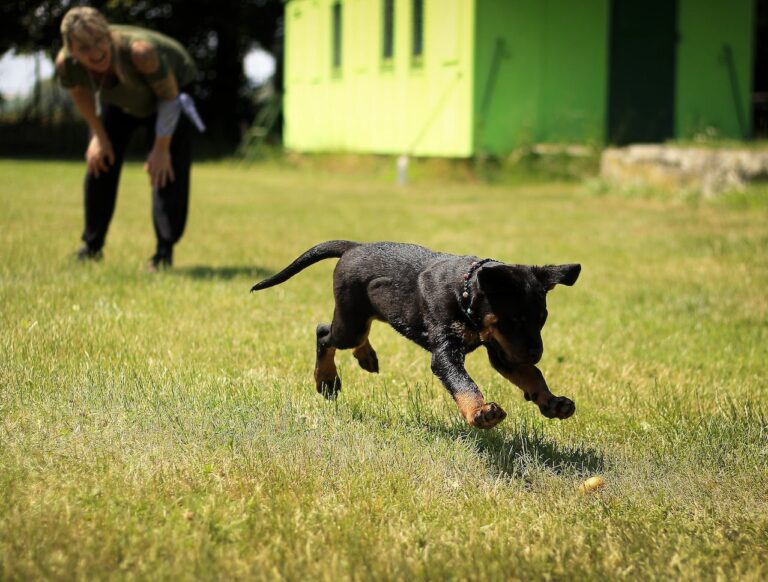
Can Dogs Eat Shrimp? – Effects, How to, FAQs & More
Shrimp, a crustacean, is a protein-rich marine organism often fed to dogs. It provides essential nutrients like protein, omega-3 fatty acids, and minerals. Serving cooked, plain shrimp in moderation can be a healthy addition to a dog’s diet. Always remove shells and tails to prevent choking hazards. Consult your vet for dietary guidance. In this post, we’ll see whether you can feed your dog shrimp, what are its benefits, harmful effects and most importantly, things to know (facts) about shrimp. Additionally, we would also take a look at the nutritional value and the proper way to feed dogs shrimp. Finally, we will answer the most important questions about this topic and share the final verdict. But, firstly – let’s see,








